David Hare is the most eminent British dramatist of the generation that includes the man we have to learn to call King Charles III. And his plays have a pretty dazzling variety from Plenty (the bewilderment of a play that runs backwards and was filmed with Meryl Streep by Fred Schepisi) through the evocations of church shenanigans in Racing Demon to a towering depiction of a tyrannical newspaper tycoon in Pravda. A few years ago the National Theatre Live brought us a production of Hare’s Skylight in which Carey Mulligan was more than a match for Bill Nighy. She looked like the greatest actress of her generation with a world of achievement and Judi Dench-like distinction to come. Now NT Live brings us a new play by Hare with Ralph Fiennes who is by pretty universal consensus the mid-career actor who can hold his own with some of the greatest actors of the last century. In this flawed but bracing play Fiennes moves from a sort of gymnastic risk of overstatement to a performance of extraordinary authority and power.
It must have been round about 1990 that the guy who was quite riveting with Helen Mirren in Prime Suspect suffered the extraordinary sea change of turning into the horrifyingly weak and cruel concentration camp commandant in Spielberg’s film of Tom Keneally’s Schindler’s List. But Ralph Fiennes has always had a dazzling virtuosity. If it’s true, as an Oscar winner said to me, that his performance in The Grand Budapest Hotel is on par with the best of Rex Harrison it is matched by that dumbfounding performance as the Cockney hardman in Martin McDonagh’s sublime black comedy In Bruges.
It’s utterly remarkable what he does with Hare’s Straight Line Crazy which would limp if it did not soar but which ends up soaring anyway because Fiennes comes totally to inhabit the driven and flawed visionary at its centre.
The play is not like Pravda – in which we will forever hear the voice of Anthony Hopkins like a clarion call of brutality at once South African and Hitlerian. It is not a masterpiece though it is one of Hare’s plays like Pravda if not in overtly political mode then very much entangled in the shadows of politics. Though this production by the former head of the National Theatre Nick Hytner from Bridge Theatre ultimately makes you think it’s more than the sum of its parts mainly because of Fiennes’s inhabitation of the anti-hero who animates its every vital jot and tittle.
It’s the story of a real historical figure, Robert Moses, who is a visionary town planner and the play begins in the 1920s, in the Prohibition era, when Al Smith was the apparently benign Democrat governor of New York. The Fiennes figure Robert Moses is obsessed to the point of monomania with building roads that cut through slums that release the land for thousands of acres of parks and resting places. He is enthralled by dreams of civil splendour which may be public minded in their vision but which have as little time for democratic dithering and remember the mighty vistas of the pyramids in Egypt or the way Haussmann cut through Paris like a demolition demon to build the Eiffel Tower. In the first act he has little time for the Vanderbilts (the patrician patriarch of the family is someone he confronts) and then in the second act he spits Eleanor Roosevelt out of his mouth as a do-gooder who just wants to feel good about herself.
Never mind what has happened to his wife’s mental health. Never mind his closest associate, the Irish girl Finnuala Connell who worships him and comes to see him as a god of fury and destruction with a loathing for public transport in a world of cars and for common people who cannot understand the wisdom he delivers from above.
That eminent New Yorker of a literary critic Lionel Trilling once described E.M. Forster as a liberal at war with the liberal imagination. David Hare can seem like a leftist at war with the leftist imagination. Straight Line Crazy is an extraordinary play about the brutalities of coercive power in the midst of so many noble and vaunted benignities. It inevitably brings to mind two great Ibsen plays An Enemy of the People and The Master Builder. At a certain point Al Smith himself quotes whoever it was who said in apparent league with Lord Acton, the absolute power man, that it is harder to be a good man than it is to be a great one. That is the gauntlet this play throws down and it initially seems to be exploring it with a schematic overly lavish brilliancy of protest.
It lifts palpably with Danny Webb’s entrance as an Al Smith who is inclined to think the joy of the world resides in a bourbon bottle and who gives a spacious, very securely American warmth to the show. Webb gives Straight Line Crazy an absolute mellow realism, he humanises the paradoxes of Moses’ drive to greatness and he deconstructs everything in the play that seems just a bit – it’s an irresistible horror of a pun – Harebrained.
The second half of this longish play gains in stature despite the entrance of a medley of black women who can seem in their characterisation and choric utterances a bit nominal. It doesn’t matter. Siobhan Cullen as Fiennes’ offsider is superb and she grows from a bright young girl to a tragically disconsolate and convincing mature woman with little help in the makeup department just a very considered sense of human loss and the getting of wisdom. There are touches of chorus-like camaraderie that don’t quite work and make you suspect they may be Hytner’s suggestion but they’re bearable.
Ralph Fiennes is extraordinary in the way he incarnates the beleaguered blindness and the tragic intensity of the visionary who is capable of destroying anything and anyone including himself. He is graver, heavier – a man weighted by the heaviness of age and the outrages he has perpetrated and been persecuted with.
It is a magnificent performance and everyone should see it.
Got something to add? Join the discussion and comment below.
Get 10 issues for just $10
Subscribe to The Spectator Australia today for the next 10 magazine issues, plus full online access, for just $10.
You might disagree with half of it, but you’ll enjoy reading all of it. Try your first month for free, then just $2 a week for the remainder of your first year.

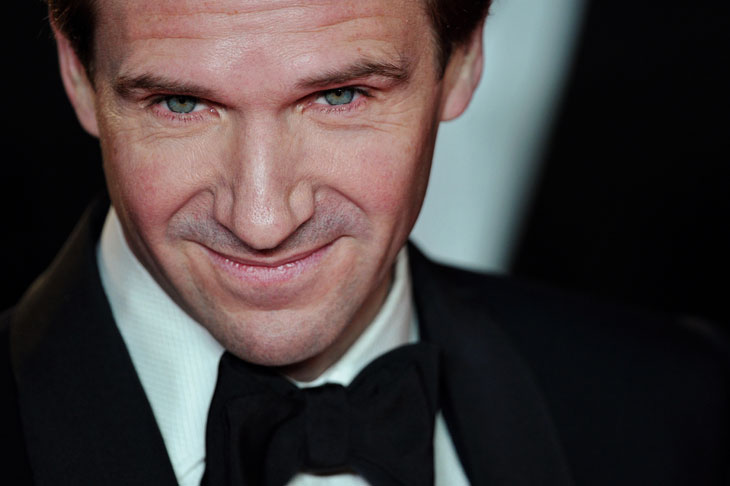
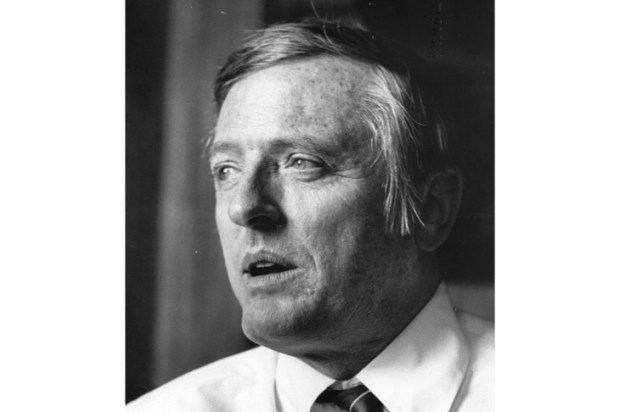
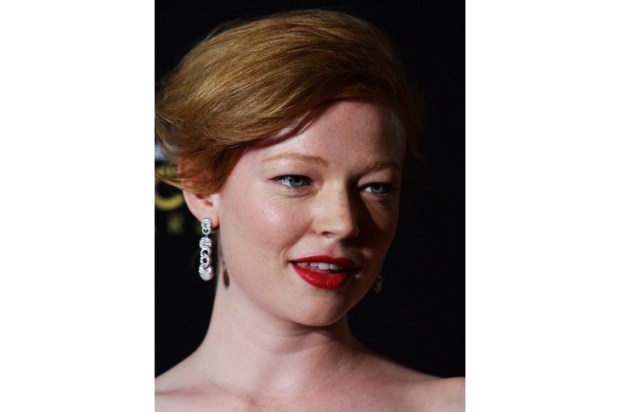

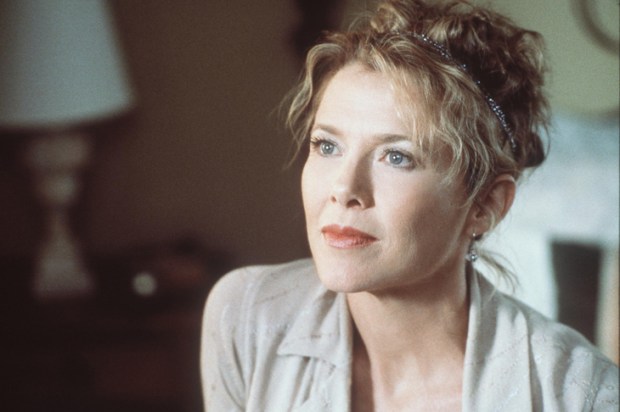

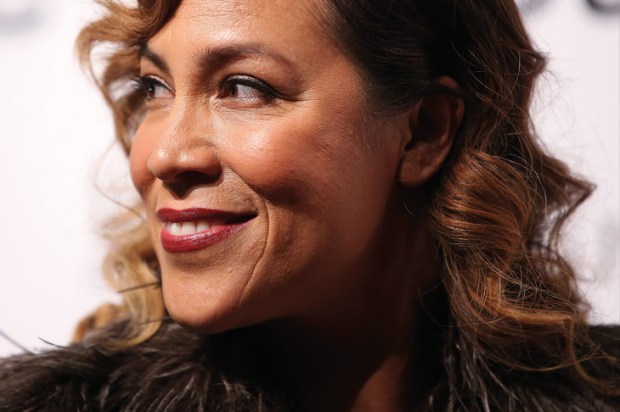






Comments
Don't miss out
Join the conversation with other Spectator Australia readers. Subscribe to leave a comment.
SUBSCRIBEAlready a subscriber? Log in